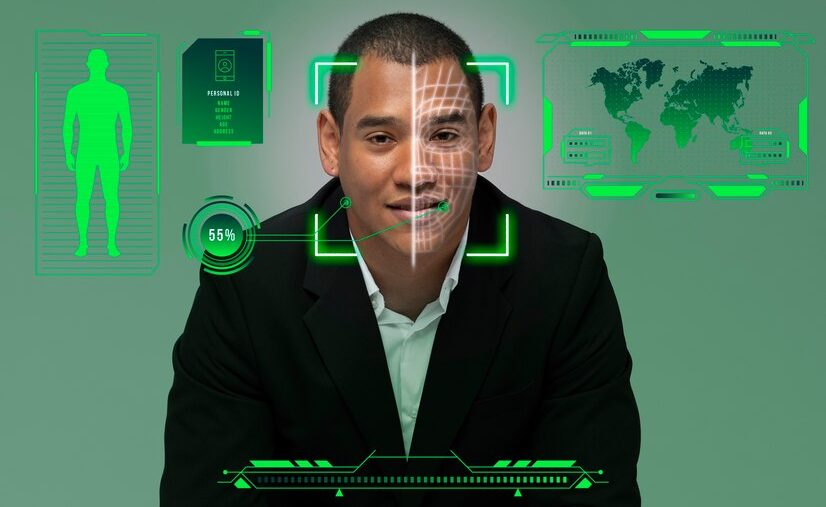- The Indian Constituent Assembly framers did a fantastic job presenting a well-rounded Constitution that forms the basis for ensuring society’s fabric remains intact. Since India is vast, diverse, and a country of countries with such a wide array of traditions, culture, language, ethnicity, and religion dotting the landscape, it required out-of-world wisdom to ensure the Constitution is properly framed keeping in mind the future necessities. Of course, the three pillars of the Constitution viz. the legislature, the executive, and the judiciary are tasked to uphold the true tenet of the Indian democracy irrespective of caste, creed, class, and religion. Yes, the rights guaranteed in the Constitution to the citizens are fiercely guarded by the judiciary.

PC: Freepik
- Undeniably, the country has witnessed some activism from time to time from the three pillars of the Constitution but never having adversarial consequences on the basic fabric. Especially, the credit should go to the higher judiciary led by the Supreme Court assiduously guarding the Constitutionally mandated rights are indeed upheld for the benefit of the common citizens. For the uninitiated, the passing away of Justice KS Puttaswamy is a reminder of his landmark battle that led to a Supreme Court ruling making the right to privacy a fundamental right. The country’s citizens should know how the luminary fought for the privacy rights of commoners. Sadly, it remains a right mostly on paper since its actualization was stonewalled.
- Why and how stonewalling took place? In the name of sovereignty and national security. Yes, these two are always bandied about by the government in power to stonewall questions being raised by the activists. Dwelling further will reveal how inadequate data protection, no limits for investigators when electronic devices are seized, and a free pass to government agencies to access people’s data, have buried our right to privacy. Increased use of facial recognition tech and CCTV in public spaces without clear guidelines on data retention, consent, or monitoring, constantly undermines individual privacy rights. The Digital Personal Data Protection Act (2023) doesn’t even include offline personal data and non-automated processing.

PC: Freepik
- Further, there’s no oversight or legal framework for spyware or data collection. Central investigators routinely seize laptops, mobile phones, and electronic devices, without rules for compartmentalization of data on seized devices. Police must access only what’s relevant to investigations, instead entire lives are open to scrutiny. Police in Bengaluru and Hyderabad randomly seize and search for mobile phones of young motorists, only to give moralistic lectures. From the criminal to the banal, the state’s disregard for the right to privacy is preponderant. Data breaches have severely compromised both privacy and identity. Thus, Puttaswamy did us a great service, but to actualize this fundamental right is a battle just begun.






